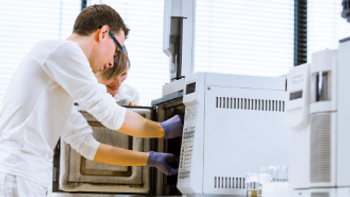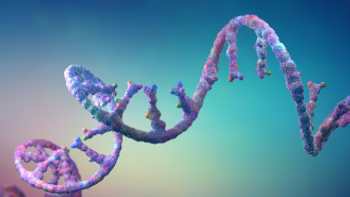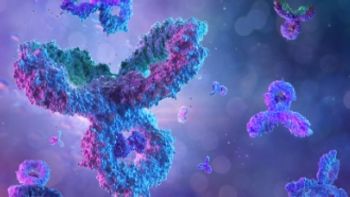
Rapid Identification of Unknowns in Blackwater Using LC–QTOF-MS/MS
Wednesday December 1, 2021 at 11am EST, 10am CST, 8am PST In 2020, Colorado experienced the largest wildfire Colorado history. This webinar demonstrates the analysis of wildfire ash and blackwater, caused by the fire, for unknown compounds.
Register Free:
Event Overview:
Abstract: Liquid chromatography/quadrupole/time-of-flight mass spectrometry with data dependent and independent analysis was used to identify target, suspect, and unknown compounds in aqueous leachate of wildfire ash and blackwater samples from the largest wildfire in Colorado history (Cameron Peak Fire-Year 2020), and the wildfire in Rocky Mountain National Park (the East Troublesome Fire, 2020).
- A new environmental issue is addressed—Wildfire impacts on water quality due to climate change.
- Suspect and unknown analysis are hot topics in LC/QTOF-MS for environmental compounds, especially for a new topic such as wildfires.
- A complex suite of 12 families of suspects and targets are identified and discussed
- A Masterplan for unknown analysis is introduced.
Key Learning Objectives:
- Introduction to the environmental problem of wildfire ash and Blackwater analysis for unknown compounds.
- Explanation of the approach to data dependent and data independent analysis of unknowns—A Master Plan.
- Examples of the full power of LC/QTOF-MS with high resolution and accurate mass to solve the problems of target, suspect, and unknown analysis.
Who Should Attend:
- Analytical chemists interested in LC/QTOF-MS and accurate mass of suspects and unknowns.
- Those involved in environmental analysis of organic compounds using mass spectrometry.
- Students and technical staff of organic environmental analysis.
Speakers
E. Michael Thurman
Co-Director, Laboratory for Environmental Mass Spectrometry
University of Colorado
Thurman’s bibliography consists of more than 200 publications in environmental chemistry, including more than 150 journal articles and six books dedicated to the chemical analysis of pesticides and natural products, sample preparation, liquid and gas chromatography/mass spectrometry, and accurate mass analysis. His environmental research is currently focused on the effects of fire on water quality as well as, the effects of hydraulic fracturing and the analysis of produced and flowback wastewater. His laboratory uses advanced mass spectrometry techniques with high resolution and accurate mass. Other recent research projects include the analysis and occurrence of pesticides and pharmaceuticals in drinking water, wastewater, and groundwater, and pollutants from ash and wildfires. He is also actively involved in supporting research activities on water treatment at the Environmental Engineering Department at the University of Colorado, Boulder, CO, USA. Thurman teaches for 20 years now, a short course on interpretation of mass spectra at the Pittsburgh Analytical Chemistry Conference.
Register Free:
Newsletter
Join the global community of analytical scientists who trust LCGC for insights on the latest techniques, trends, and expert solutions in chromatography.




